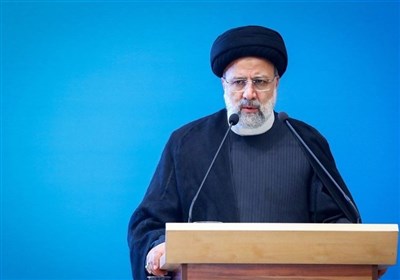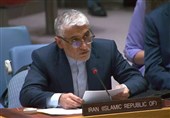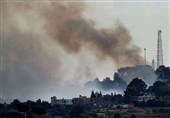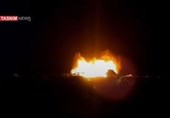St. Louis-Area Police, Protesters Brace for More Protests
TEHRAN (Tasnim) – US police and protesters spent Sunday gearing up for the culmination of a weekend of demonstrations in Ferguson and across St. Louis.
Protest organizers planned to stage several acts of civil disobedience at undisclosed places on what they called "Moral Monday."
On Sunday, people protesting the fatal shooting of Michael Brown, an unarmed black teen, by white police officer Darren Wilson gathered to discuss tactics and strategy but kept secret where and when the actions might take place.
Police expressed frustration about the coming events and planned to have extra officers ready to respond, USA Today reported.
"Police officers don't like the unknown," St. Louis Metropolitan Police Chief Sam Dotson said. "So anything that would impact the average person's daily life concerns me. ... Can I keep the public safe? Can I keep the officers safe? Can I keep some sense of normalcy in our community?"
The actions, which protesters have yet to describe, come on the last official day of "Ferguson October," a four-day weekend of marches, rallies and meetings about social activism.
Dotson plans to place extra police officers at St. Louis' football and baseball stadiums in an effort to pre-empt any protests that may happen there.
Officers, though they don't have body cameras, will be using handheld cameras to record events in case of later disputes, Dotson said. Since Thursday, officers have been working 12-hour days instead of their usual eight-hour shifts.
"We want to make sure we have people trained to stop business as usual," said Celeste Faison, who spent Sunday training protesters. "We are saying that until we have justice for Mike Brown, until we have systemic change and the elimination of oppressive systems, we are going to stop business as usual. Folks will no longer be comfortable and maintaining the status quo."
Faison, 30, of Oakland, was one of dozens of people at Lafayette Park United Methodist Church in St. Louis on Sunday who learned how to stage acts of civil disobedience and deal with being arrested.
Trainers told people to write a phone number for bail and legal help on their upper arms and to go limp or turn on their sides if police start to beat them. Other advice: Livestream events instead of recording them for later, because footage can be deleted; don't bring anything valuable because it may be lost; and have a buddy to keep an eye on you.
The training was meant to keep people safe, to make the goals of the actions clear and to ensure that everyone is on the same page ahead of tomorrow's actions, said Faison, a non-violent direct action trainer working with activism trainers Ruckus Society and the Blackout Collective.
Even people being trained didn't know what they might be doing Monday.
"It's important to us not to make our strategy public because we want to make sure people are uncomfortable, and one of the things that makes people the most uncomfortable is the element of surprise," Faison said. "We don't want to set ourselves up for failure by going to an action and the police are already there."
After months of protests, authorities have had time to coordinate their efforts, prepare resources and plan responses for a variety of hypothetical situations, said Rick Eckhard, a spokesman for St. Louis County Police.
"We will deal with whatever presents itself," Eckhard said. "As long as it's a peaceful protest, I don't think there is going to be a problem."
Protesters said they, too, want peaceful acts.
Chris Holland, 25, came from New York City to be part of the weekend. For him, the most important lessons in Sunday's training was how to control emotions.
"They talked about having a connection between your heart and your brain," Holland, an actor, said. "We are here because of our heart, but it can't be all heart because that leads to too much passion and making decisions that are very rash."






